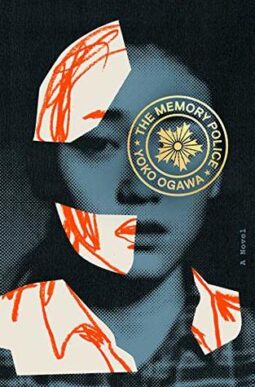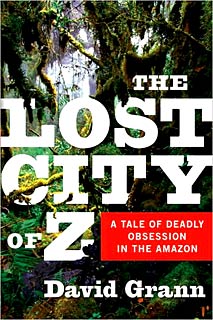This review contains affiliate links, which earn me a small commission when you click and purchase, at no extra cost to you. Thank you for supporting my small business and allowing me to continue providing you a reliable resource for clean book ratings.
On an unnamed island, objects are disappearing. Inhabitants wake up on certain days and have the feeling something has gone away, such as hats or bells or perfume, and then they all gather outside their homes to talk about that thing before their minds have lost the concept of its existence entirely. If it’s a concrete object, they gather up any that are left and get rid of them by burning or burying them or throwing them in the river. And within days, not just the memory but the word for that thing and even the idea of it is gone from almost everyone’s minds.
Some people, however, somehow retain the memory of disappeared objects, and they are the particular targets of the Memory Police. The Memory Police routinely raid homes and interrogate people to make sure that contraband disappeared objects are not secretly hidden. Worse, those who can remember are taken away and usually never seen again.
The narrator of this novel lost both her parents to the Memory Police; her mother was able to remember disappeared things and kept a stash of objects she would show and explain to her daughter. Now, this young woman, a novelist, lives alone and goes about her business much as the other residents of the island. But one day she learns that her editor is one of the people able to remember things, and she and an old family friend create a hiding place for the editor in her house.
The protagonist works hard to continue life as always, even as she lives most moments in fear of the Memory Police discovering what she has done. Meanwhile, she builds more of a relationship with her editor, who works hard with his own cache of objects to try to bring back memories in the narrator. As more and more of life slips away, they cling to her writing and fight an impossible battle against disappearances.
The Memory Police left me not quite sure what to think. Its description on Goodreads is spot-on: “a haunting Orwellian novel about the terrors of state surveillance.” It’s also beautifully written, descriptive yet spare. It’s one of those books that would best be read with a serious book club or class, to discuss the concepts and possible meanings of what is an allegory or fable of some type. For now, I keep thinking back on it periodically and trying to figure it out for myself, but I’m left with a lot of questions.
Rated: Mild. There is no profanity. Sexual content is limited to mentions that characters have sex, but it’s completely “off-screen.” One character in the story-within-the-story is mistreated by a man, held captive in a tower and her voice stolen. Violence includes people being taken away by the “memory police”; they often disappear. Those who return are likely questioned roughly, at least, but there’s no detail confirming at all what happens.
Click here to purchase your copy of The Memory Police on Amazon.




